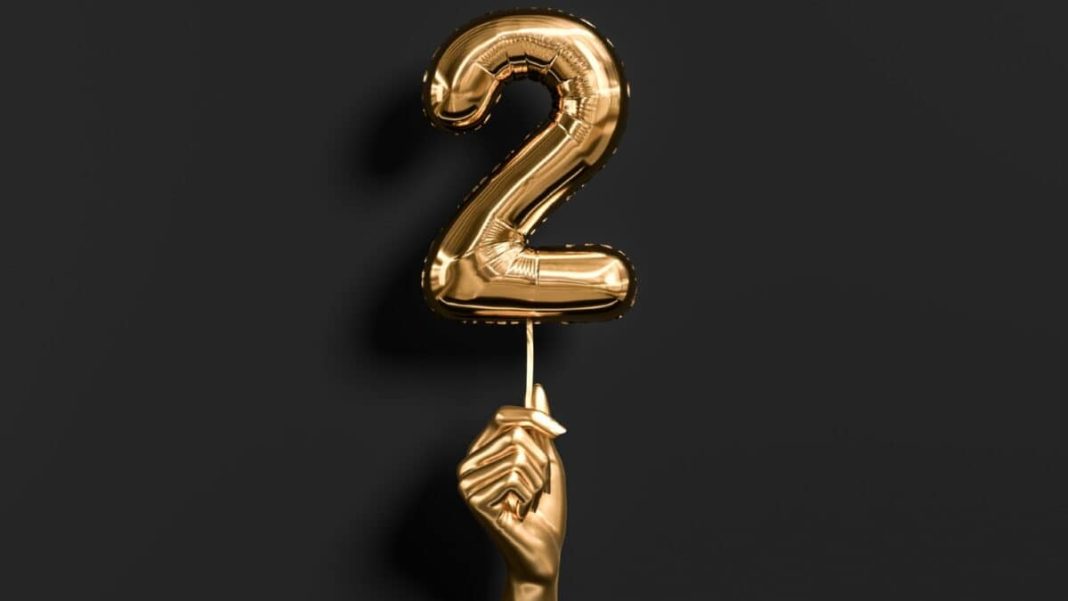Image source: Getty Images
At first glance, anyone with a few quid in the bank might think themselves shrewd by chucking it into a savings account. Interest rates are high, after all. Many banks offer 4%-5% a year. Current forecasts expect that kind of range for at least the next decade as well. Savings accounts are guaranteed too, with basically no risk of losing money. Best of all, our country’s generous ISAs give complete protection from taxes on any passive income generated in them.
What does that look like in practice? Well, let’s take an investor with £2,000 to spare. Apply 4.5% a year on it and let it run. What do we end up with? Over an investing timeline of, say 30 years, then we have £7,490, some distance above the original amount. That might sound attractive to a lot of folks.
Please note that tax treatment depends on the individual circumstances of each client and may be subject to change in future. The content in this article is provided for information purposes only. It is not intended to be, neither does it constitute, any form of tax advice. Readers are responsible for carrying out their own due diligence and for obtaining professional advice before making any investment decisions.
Not as handsome
But let’s back up for a second. Calculations like this cannot ignore inflation. They often do though because it’s difficult to work out with inflation jagging about from year to year. But even taking off the Bank of England’s 2% inflation target — well below where we’ve been of late, remember — the end result is an inflation-adjusted total of £4,195. That doesn’t look quite so handsome to me. Not after 30 years anyway.
This is why I invest in stock markets; for the higher rate of return. Yes, it’s riskier. Yes, I could lose money. Crashes like 2008 will happen along the way. And I still have to consider inflation with anything I make. But when the historical record of the medium-sized British enterprises on the FTSE 250 is over 10% a year since 1993? I’m willing to accept that risk. On those terms, taking inflation into account as well, my £2,000 turns into £20,125. Those kind of numbers mean this is something I believe any investor, with £2,000 or otherwise, should consider.
One FTSE 250 stock I own, and one I hope will deliver similar returns over the coming years, is JD Wetherspoons (LSE: JDW). The pub chain is as ubiquitous as it is cheap, and a reputation for low prices on beer will support sales going forward, especially if cost-of-living issues tighten up.
Rise and rise
The shares have taken a rather large haircut since Covid, down 63% from its high. That’s partly down to higher supply costs, higher energy costs and higher labour costs. The new budget won’t have helped those matters either. But these issues are ones Wetherspoons will be better positioned to handle than its competitors I feel, many of which are a single premise or family-owned. If it falls much further then I will look at increasing my position.
Over the long term, I see this as a company that will continue performing. With an ISA filled with high-quality stocks like this, I hope to see my net worth rise and rise. With a little luck along the way, I hope to withdraw decent passive income at the end of it. I expect it will be more than what I’d get from a savings account, at any rate.


